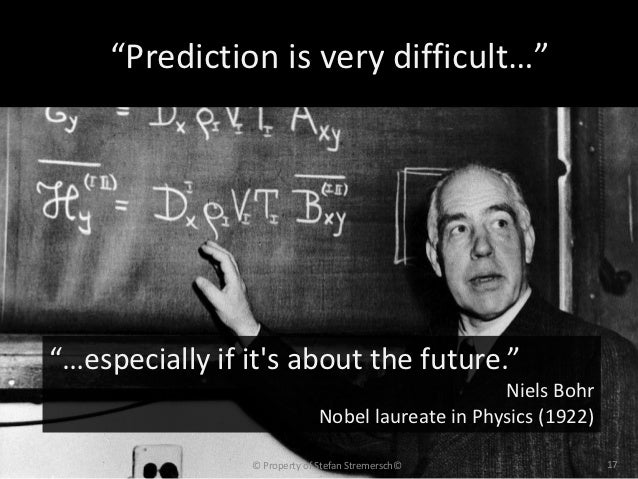Re: Machine learning for fun, to pay your rent or whatever
Satellites Are Reshaping How Traders Track Earthly Commodities
Article title pushes a bit too much. Sorry for that.
Article title pushes a bit too much. Sorry for that.
-

- Cuchulainn
- Posts: 22932
- Joined:
Re: Machine learning for fun, to pay your rent or whatever
Is this a new form of industrial espionage?Satellites Are Reshaping How Traders Track Earthly Commodities
Article title pushes a bit too much. Sorry for that.
how many utility vault grates are there in London?
-

- Cuchulainn
- Posts: 22932
- Joined:
Re: Machine learning for fun, to pay your rent or whatever
Can you write an AI bot to do the job of software testers and maintenance programmers?
Re: Machine learning for fun, to pay your rent or whatever
Thanks! €20k is nice incentive he has organized.
Re: Machine learning for fun, to pay your rent or whatever
I'm afraid my laptop would not survive.The M4 consists of 100,000 time series of Yearly, Quarterly, Monthly and Other (weekly, daily, hourly and additional) data. (m4)
-

- Traden4Alpha
- Posts: 3300
- Joined:
Re: Machine learning for fun, to pay your rent or whatever
Cool contest!Thanks! €20k is nice incentive he has organized.
It looks like these may be all {given X(t), predict X(t+)} time series rather than {given [X,Y], predict Y[i+] from X[i+]} data sets?
Re: Machine learning for fun, to pay your rent or whatever
Cool contest!Thanks! €20k is nice incentive he has organized.
It looks like these may be all {given X(t), predict X(t+)} time series rather than {given [X,Y], predict Y[i+] from X[i+]} data sets?
For M3 they have data on various timescales (annual, quarterly, monthly,..) and sometimes as little a dozen data points. In not sure if you're allowed to correlate on point in time between series (or aditional series you can add yourself)?
Re: Machine learning for fun, to pay your rent or whatever
that's disappointing...tag: "there is a machine learning contest"
outrun: "a 20k prize"
t4a: "cool contest!"
Re: Machine learning for fun, to pay your rent or whatever
that is disappointing...tag: "there is a machine learning contest"
outrun: "a 20k prize"
t4a: "cool contest!"
Last edited by tags on March 14th, 2018, 12:11 pm, edited 1 time in total.
Re: Machine learning for fun, to pay your rent or whatever
that is disappointing...tag: "there is a machine learning contest"
outrun: "a 20k prize"
t4a: "cool contest!"
-

- Traden4Alpha
- Posts: 3300
- Joined:
Re: Machine learning for fun, to pay your rent or whatever
Why not? Wouldn't most ML approaches automagically notice correlation patterns among the data series and exploit them? If the ML system shares state between it's analyses of multiple series, then it is implicitly using more than each data series in isolation.Cool contest!
Thanks! €20k is nice incentive he has organized.
It looks like these may be all {given X(t), predict X(t+)} time series rather than {given [X,Y], predict Y[i+] from X[i+]} data sets?
For M3 they have data on various timescales (annual, quarterly, monthly,..) and sometimes as little a dozen data points. In not sure if you're allowed to correlate on point in time between series (or aditional series you can add yourself)?
The use of additional data series seems a bit trickier. It might be considered "cheating" or it might be entirely encouraged. If the goal is to create learning system capable of ingesting a novel corpus of data and making predictions, then attempting to augment the 100,000 provided series with additional series would be bad. But if the goal is to generate a general predictor that processes all of humanity's data and provides predictions, then augmenting the 100,000 data series is clearly a welcome solution.
Are the 100,000 data series meant to be the only training data or are they just the test data series?
And what about a hybrid system that generates "new" data series through functions of combinations of the original data?

